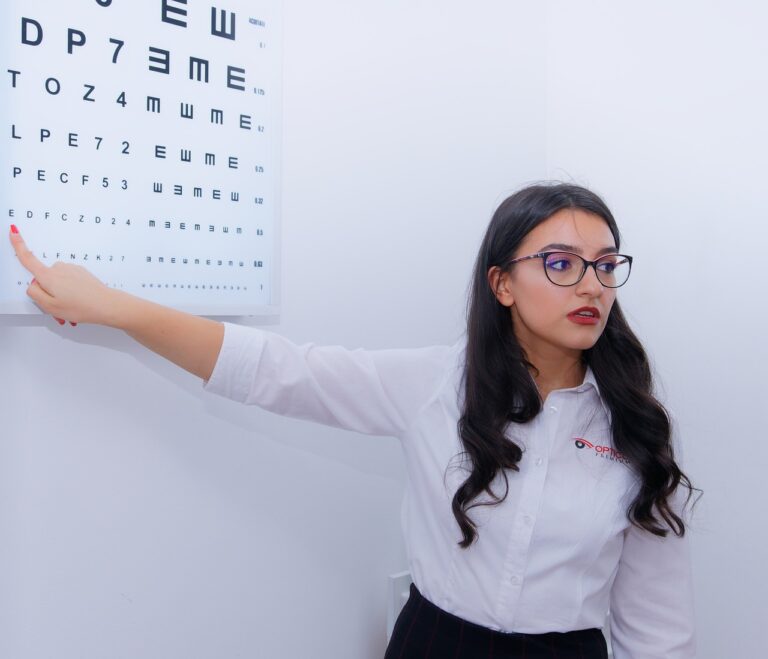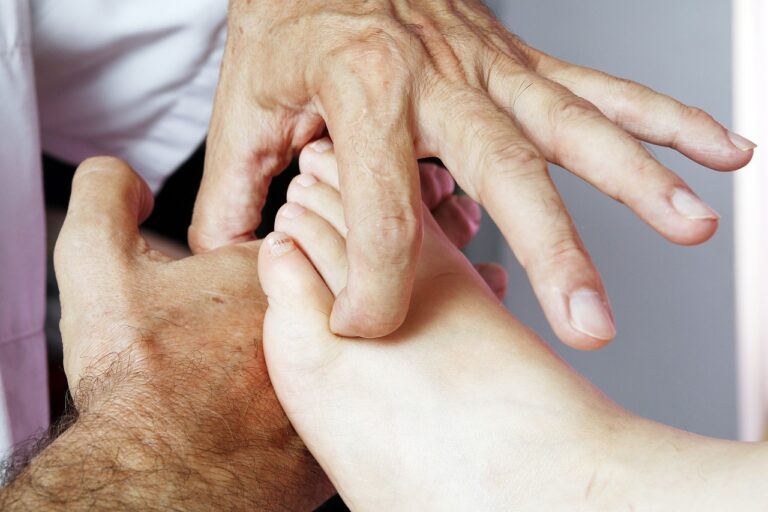Understanding the Impact of Blue Light on Sleep and Health
Blue light, emitted from electronic devices such as smartphones, tablets, and computers, has been shown to disrupt the body’s natural sleep-wake cycle. Exposure to blue light in the evening can interfere with the production of melatonin, the hormone responsible for regulating sleep.
Studies have linked prolonged exposure to blue light before bedtime with difficulty falling asleep, as well as poor quality of sleep throughout the night. The suppression of melatonin production caused by blue light can lead to disrupted sleep patterns, making it harder for individuals to feel well-rested and alert during the day.
How Blue Light Affects Melatonin Production
Blue light, which is emitted from electronic devices such as smartphones and computers, has been shown to disrupt the production of melatonin in the body. Melatonin is a hormone that regulates sleep-wake cycles, and exposure to blue light can interfere with its natural production. When the eyes are exposed to blue light, particularly in the evening hours, the brain may be tricked into thinking it is still daytime, thus inhibiting the release of melatonin.
Research has indicated that prolonged exposure to blue light before bedtime can suppress melatonin production, making it difficult to fall asleep and disrupting the overall quality of sleep. This disruption in the body’s natural circadian rhythm can lead to sleep disturbances, such as insomnia and restless sleep patterns. It is important to be mindful of the impact that blue light exposure can have on melatonin production and prioritize practices that promote healthy sleep habits.
The Relationship Between Blue Light Exposure and Insomnia
Blue light exposure has been linked to disrupted sleep patterns and insomnia. Studies have shown that blue light emitted from electronic devices such as smartphones, tablets, and computers can interfere with the body’s natural production of melatonin, the hormone responsible for regulating sleep-wake cycles. This disruption in melatonin levels can lead to difficulty falling asleep and staying asleep, ultimately contributing to insomnia.
Furthermore, the use of blue light-emitting devices before bedtime has been shown to delay the onset of REM sleep, the crucial stage of sleep associated with dreaming and cognitive function. This delay in REM sleep can result in poor sleep quality and increased daytime drowsiness. As a result, reducing exposure to blue light in the evening hours has been recommended as a potential strategy to improve sleep quality and reduce the risk of developing insomnia.
Blue light exposure from electronic devices disrupts melatonin production
Difficulty falling asleep and staying asleep linked to blue light exposure
Delay in REM sleep caused by blue light can lead to poor sleep quality and daytime drowsiness
Reducing blue light exposure before bedtime may improve sleep quality and reduce risk of insomnia
What is blue light?
Blue light is a type of light that is emitted by electronic devices such as smartphones, tablets, and computers, as well as LED lights and fluorescent bulbs.
How does blue light affect sleep patterns?
Blue light has been shown to disrupt the body’s natural sleep-wake cycle, also known as the circadian rhythm, by suppressing the production of melatonin, a hormone that regulates sleep.
How does blue light affect melatonin production?
Blue light exposure at night has been found to inhibit the production of melatonin, making it more difficult for individuals to fall asleep and stay asleep.
What are the harmful effects of blue light on sleep?
Prolonged exposure to blue light, especially in the evening hours, can lead to difficulties falling asleep, poor sleep quality, and ultimately contribute to the development of insomnia.
Can blue light exposure lead to insomnia?
Yes, the relationship between blue light exposure and insomnia is well documented. Excessive exposure to blue light, particularly before bedtime, can disrupt the body’s natural sleep patterns and contribute to the development of insomnia.







